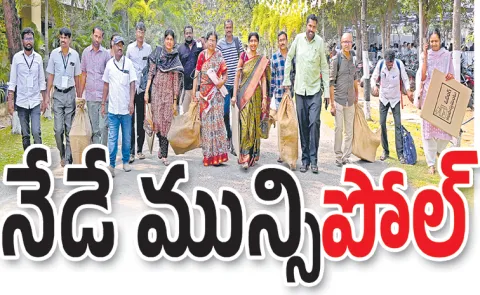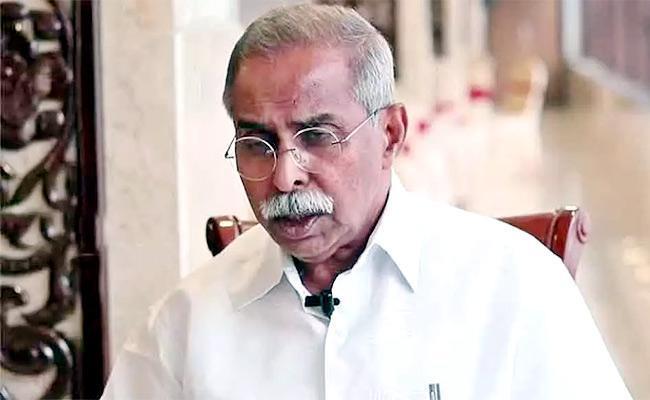Ayyanna Calls YSRCP Members Thieves, MLA Retorts
In a surprising turn of events within the Andhra Pradesh Assembly, Speaker Ch. Ayyanna Patrudu made headlines on Thursday by questioning the integrity of certain legislators belonging to the YSR Congress Party (YSRCP). During an assembly session, Patrudu expressed his astonishment at the practice of some members signing the attendance register while failing to attend the actual legislative meetings. This commentary has sparked a heated debate regarding accountability and attendance among lawmakers.
The Controversy Unfolds
Patrudu’s remarks came as he reviewed attendance records and noted discrepancies that suggested some YSRCP legislators were marking their presence on paper without fulfilling their legislative duties. This revelation not only raised eyebrows but also prompted accusations of misconduct against those implicated.
Specifics of the Allegations
Sources close to the assembly suggest that this issue is not merely a matter of attendance but may signal deeper concerns about the engagement level and commitment of certain lawmakers to their responsibilities. As representatives of the public, the expectation is that elected officials should be present to participate in discussions that may impact the future of the state.
Response from YSRCP
In response to these allegations, a YSRCP MLA vehemently denied the accusations, labeling them as unfounded and politically motivated. The lawmaker stated, “These accusations are nothing more than attempts to distract from the real issues facing our state. We are dedicated to serving our constituents, and anyone who suggests otherwise is simply trying to undermine our efforts.” This retort indicates a growing tension between the ruling party and the opposition within the assembly.
Broader Implications
The disagreement highlights a crucial issue within the political framework of Andhra Pradesh, where legislative participation is paramount for democracy. The Speaker’s comments may serve as a wake-up call for all members of the assembly, emphasizing the importance of accountability and transparency in governance.
As the controversy unfolds, it remains to be seen how this will affect the relationship between the YSRCP and its opposition, as well as its standing among the electorate. With upcoming elections on the horizon, these issues will likely be pivotal in shaping voter sentiment and party strategy moving forward.
Conclusion
The dialogue surrounding attendance and accountability in the Andhra Pradesh Assembly continues to evolve, with each party taking a firm stance on the matter. As the Speaker and YSRCP members engage in a war of words, it raises critical questions about the responsibilities of elected officials and the expectations of the citizens they serve.



